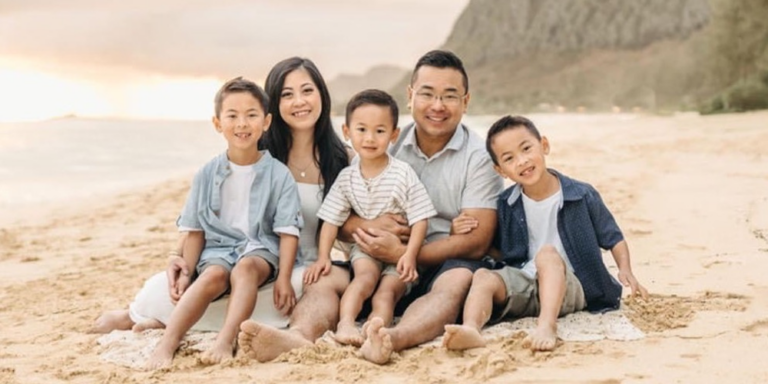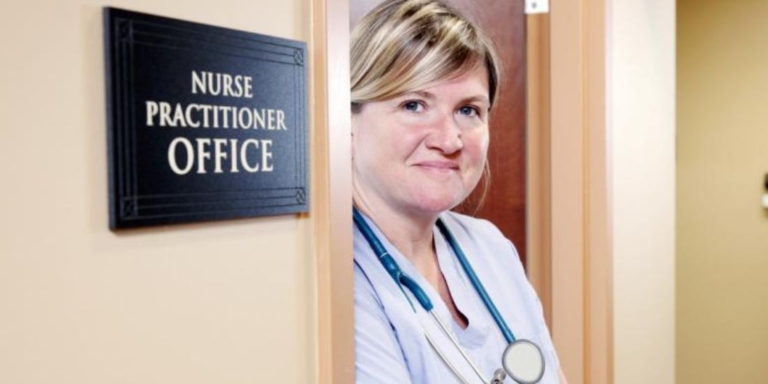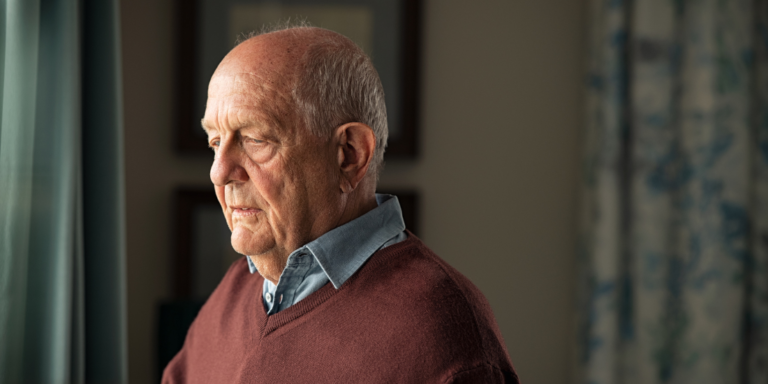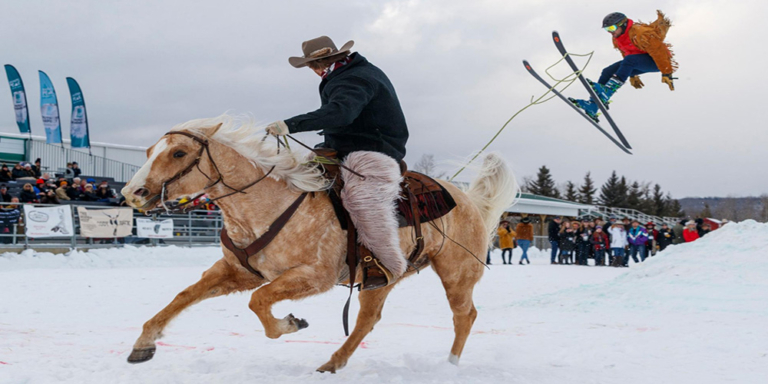Like most Banff locals, Dr. Marcia Clark grew up on skis.
From a young age, she loved the rush and the fresh challenge the mountains presented.
Starting out in the Banff Kinsmen Ski School program, she moved to Banff Alpine Racers, and with guidance from her father and other teachers, it wasn’t long before she was racing competitively.
Marcia went on to become one of Canada’s top junior athletes.
Tearing up powder in events like the Sunshine World Cup and making tracks at the 1988 Olympic Winter Games as a forerunner, she was energized by the ups and downs of the sport.
“Ski racing helped me learn to set goals, achieve those goals, learn from failure, and gain confidence in myself and my abilities,” she wrote in Alpine Canada.
Applying Ski Lessons to Life
The attributes and lessons from skiing settled into her character and approach to sports.
But it was sometime later that she felt moved to put them to use in an entirely different field.
“It’s only then when I started my university career that I thought I might have the knowledge, skills and attitudes to pursue medicine, and it was from athletics,” she told the Rocky Mountain Outlook.
Unbeknownst to her younger self, Dr. Clark would soon be challenged by higher peaks.
She will soon be cutting through the complexities of Canadian healthcare as the newly elected President of the Royal College of Physicians and Surgeons of Canada.
The college is a charity organization that supports medical education in Canada.
Being elected head of an organization that deals so intensely with our province and county’s healthcare system requires a hard uphill push, to say the least, and she’s had a hell of a ride getting to this point.
Proving Naysayers Wrong
Dr. Clark vividly remembers being told that orthopedics was out of reach for someone like her.
“I was once told that I couldn’t be an orthopedic surgeon because of the strength needed and the tools I would have to use.”
Orthopedic medicine focuses on treating the musculoskeletal system and uses surgical and nonsurgical approaches to treat musculoskeletal issues, such as sports injuries, joint pain, and back problems.
But, as a woman raised with Alberta grit, “I wanted to prove those naysayers wrong.”
Transitioning from the adrenaline of being a full-time skier to the rigours of medical school, she found another team with her peers – while, of course, still on a scholarship for ski racing!
“The biggest parallel between my athletic career and my surgical one centers around trusting and relying on my abilities and principles…Trust is also part of my teamwork. I have to trust that the team around me has my best interests and the same goals in mind,” she said.
Future Challenges
Fast forward to today, and Dr. Clark is an orthopedic surgeon who consistently punches above her weight.
She serves as a clinical associate professor at the University of Calgary and as the deputy head of surgery for the Alberta Health Services Calgary Zone, and she’s got a lot on her plate.


But her recent election as the president-elect of the Royal College has her gearing up for perhaps her most challenging role yet.
“I’m looking forward to gaining a deeper understanding of member needs, especially in the face of a dynamic and evolving healthcare environment,” says Dr. Clark.
The healthcare system has been through a lot lately, and there’s a ton to tackle.
“The past four years have seen much change and adaptation of our health care systems.”
While she’s excited about the possibilities of her new role, she’s also grounded about the reality of the work ahead, and the importance of listening to her peers and patients.
“The key skills that I draw on and am constantly pivoting on are problem-solving, advocating, assessing/managing risk, working in teams, communicating, advising, and understanding conflict while seeking resolution. These skills require a lot of flexibility, decision-making with limited information, and a flattening of hierarchy because medicine happens in teams, and their input is vital.”
Like navigating a tricky ski course, she’s ready to take on these challenges with the same determination.
The Royal College of Physicians has its goals for the next year in its strategic plan.
The top priorities are focusing on sustainable health care for planetary health, indigenous health, and anti-racism and diversity measures. Clark also mentioned investigating the integration of artificial intelligence tools into healthcare models.
We’re excited to see how fast this former Banff resident and ski racer can advance some of our country’s top medical plans.






